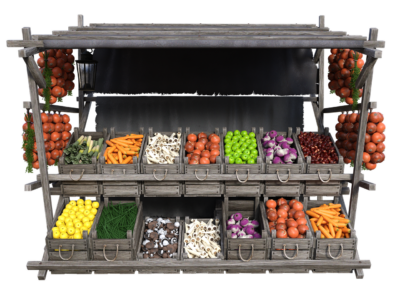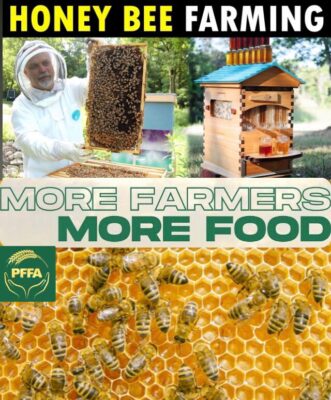Have you thought about getting into farming?
In this Article...
In this week's blog we look at some of the more traditional ways in which people have become part of the farming community.
So, what makes a good farmer?
People skills and networking are vital qualities for a successful career in farming. Leadership is an important attribute and the ability to delegate. Farming cannot be done by one person alone, but it is important to lead by example and motivate others. Supportive people and community can help to achieve what you are aiming for. Many skills can be brought into this business, so you don’t need to know everything. Good farmers are entrepreneurial and innovative. People skills and personality are often more important than you realise.
Financial awareness means you will know your costs and are able to understand how they relate to performance. Technical knowledge is important too. An understanding of the technical aspects of farming is an advantage.
If you are not part of a farming family, unable to inherit a farm or marry into a farming family, it isn’t always easy to get into agriculture. Despite the farming community being very private people, it can be done.
You could look at a matchmaking service that brings landowners together with young farmers and rural enterprises who want to work in agriculture. There are land partnership services that specialise in matching those with land or an existing farm business with people looking for opportunities to work in this industry. They match people together who suit each other and the service is confidential. Much the same as a dating agency works.
There are also companies that are involved with farm management. These job roles can provide a good route into the industry, along with a career structure that many farms cannot match. Farm management companies work with farm managers, estate owners and conservation bodies to create agricultural management plans. These review the current state of a farm business and offer clear, practical guidance.
A contract farming agreement (CFA) is an arrangement between two farmers or a contractor and a farmer that involves the operational side of the business. This could be managing crops or other agricultural enterprises. This allows a landowner to be considered a farmer. Labour, machinery and other services are provided on an agreed basis. Farmers can instruct a contractor to undertake practical operations and crop management within their stated policies for the farmer’s business. Roles and operations are defined by the contract between them. Guided by the contract this can be a very flexible model that could be used for a single operation or as much as complete farm management.
Tenant farmers are at the heart of the UK rural economy, managing a third of all farmland. Tenant farming is an agricultural production system in which landowners contribute their land and tenant farmers contribute their labour, time and sometimes varying amounts of capital and management. This system lets a farmer work the land that is owned by a landlord and rent is exchanged in return. The landowner and tenant sign a contract for an agreed number of years.
The younger generation could consider getting into farming through an apprenticeship. This encourages those with no farming background, as well as those that do. Sometimes an internship can result in landing a full time position within a farm. Farmers Weekly run an initiative working with industry partners, aimed at helping young people from all walks of life get into farming. Unfortunately this appears to be sponsored by one of the big chemical companies. You could look for apprenticeships online, but it seems to be heavily dominated by government-run websites.
You could have a search online to find out more information about working and job roles in the farming industry.
As always please use your own research skills to look into anything we post. We are merely giving out information for others to look into!
Follow our campaigns on Instagram and Facebook.



